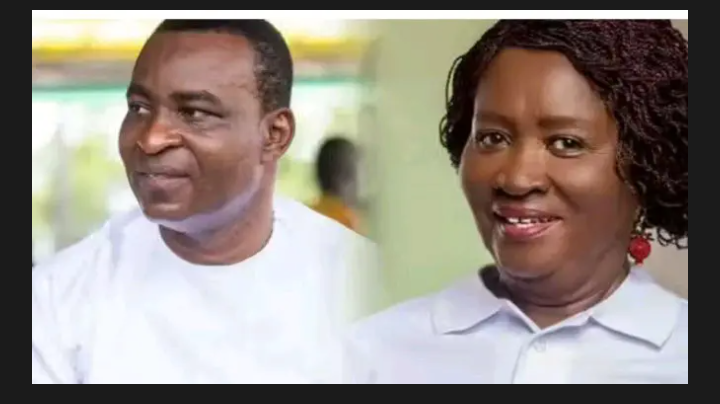Ghana’s political landscape has recently been rocked by a significant controversy sparked by provocative statements from Bernard Antwi Boasiako, commonly known as Chairman Wontumi. As the Ashanti Regional Chairman of the ruling New Patriotic Party (NPP), Wontumi has drawn widespread criticism after accusing Ghana’s Vice President, Professor Naana Jane Opoku-Agyemang, of engaging in witchcraft. This allegation, both sensational and inflammatory, has been met with strong condemnation and has further intensified political divisions within the country.
The remarks were made at a recent public gathering, although the full context of the speech remains unclear. Regardless, the timing and harshness of Wontumi’s claims have raised suspicions regarding his motives, especially as Ghana faces growing economic challenges and heightened political tensions. Some observers suggest that these accusations might have been deliberately employed as a tactic to discredit a political rival and distract from pressing national issues.
Many political commentators, civil society advocates, and citizens have denounced the witchcraft allegation, describing it as unfounded and harmful to the integrity of political discourse. They warn that invoking superstition in political rivalry risks undermining democratic principles and degrading the quality of public debate at a crucial moment in Ghana’s political journey.
Supporters of Vice President Opoku-Agyemang have vehemently rejected the accusations, calling for a return to respectful and policy-focused political engagement. Even within the ranks of the NPP, there is reported unease, with some members worried about the negative impact such controversies could have on the party’s reputation, particularly with important elections on the horizon.
The public response, especially on social media platforms, has been swift and fierce, with many expressing dismay over the decline in civil political discussion. This incident is seen by many as indicative of a disturbing trend where personal attacks increasingly overshadow meaningful political debate. The NPP now faces growing demands to address the situation publicly and reaffirm commitments to accountability and decorum within its leadership.
Source: https://www.facebook.com/100067674767499/posts/pfbid0jm5PBu7zhfcafP3NQK8BT9C8qqFrVKWVTsXsJLcrtmnDdaXVS6Xf3uh6bgyrgqyZl/?app=fbl
